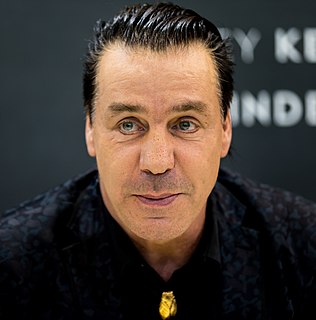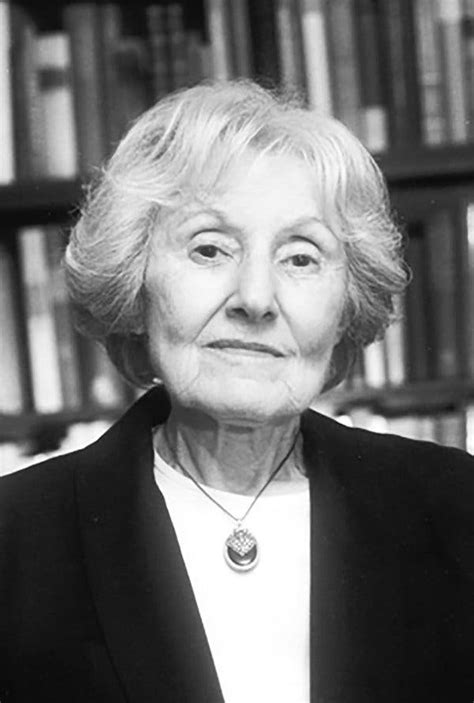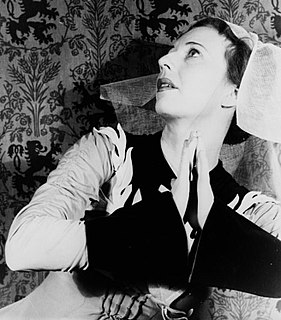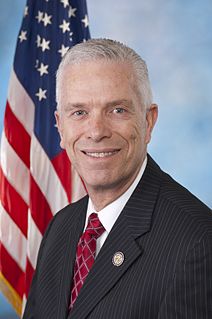A Quote by Ambrose Bierce
NIHILIST, n. A Russian who denies the existence of anything but Tolstoi. The leader of the school is Tolstoi.
Related Quotes
Tolstoi explains somewhere in his writings why, in his opinion, “Science for Science's sake” is an absurd conception. We cannot know all the facts, since they are practically infinite in number. We must make a selection. Is it not better to be guided by utility, by our practical, and more especially our moral, necessities?
We must frankly confess, then, using our empirical common sense and ordinary practical prejudices, that in the world that actually is, the virtues of sympathy, charity, and non-resistance may be, and often have been, manifested in excess. ... You will agree to this in general, for in spite of the Gospel, in spite of Quakerism, in spite of Tolstoi, you believe in fighting fire with fire, in shooting down usurpers, locking up thieves, and freezing out vagabonds and swindlers.
People try so hard to believe in leaders now, pitifully hard. But we no sooner get a popular reformer or politician or soldier or writer or philosopher -- a Roosevelt, a Tolstoi, a Wood, a Shaw, a Nietzsche, than the cross-currents of criticism wash him away. My Lord, no man can stand prominence these days. It's the surest path to obscurity. People get sick of hearing the same name over and over.
Christ and the life of Christ is at this moment inspiring the literature of the world as never before, and raising it up a witness against waste and want and war. It may confess Him, as in Tolstoi's work it does, or it may deny Him, but it cannot exclude Him; and in the degree that it ignores His spirit, modern literature is artistically inferior. In other words, all good literature is now Christmas literature.
The Marxist combination of materialism and determinism is fatally anti-humanistic. It denies a consciousness, a mind, that is independent of material conditions and class relations. It denies a will and volition that are capable of shaping the course of history. It denies an individuality that is not reducible to class. It denies both the idea and the reality of freedom, a freedom that is something more than the "bourgeois" freedom to buy and sell. It denies a morality that transcends class interests. And it denies the spirituality of man.
great artists can be uncertain. Of course they are while strugggling to find solutions. Tolstoi's scripts are almost indecipherable. Emily Dickinson provided four or more alternates for every word; Beethoven wrestled with endings to the point of exhaustion; in our day Jerome Robbins and his lack of decision are a byword in the dance profession. But all of these knew very well what they did not want, and what they did not want was the current coin, the well-worn usage. What they wanted was something newly experienced, and therefore unknown and hard to attain.
But the great artists like Michelangelo and Blake and Tolstoi--like Christ whom Blake called an artist because he had one of the most creative imaginations that ever was on earth--do not want security, egoistic or materialistic. Why, it never occurs to them. "Be not anxious for the morrow," and "which of you being anxious can add one cubit to his stature?" So they dare to be idle, i.e. not to be pressed and duty-driven all the time. They dare to love people even when they are very bad, and they dare not to try and dominate others to show them what they must do for their own good.
The Overman will himself be a nihilist in the (good) sense of rejecting any metaphysical or religious grounding for truth and value, but instead of curling up in despair, or simply going along with the crowd like the 'passive' nihilist, he will recognize himself as the sole source of truths and values to live by.
When I turned 11, we had to leave East Germany overnight because of the political orientation of my father. Now I was going to school in West Germany, which was American-occupied at that time. There in school, all children were required to learn English and not Russian. To learn Russian had been difficult, but English was impossible for me.

































